It is safe to say the Ice Bucket Challenge in the summer of 2014 forever changed the future and trajectory of ALS. The awareness and funds generated by the social media phenomenon put us on a path to end this disease once and for all.
Prior to the Challenge, there was only one available treatment option for people living with ALS, as well as a few other therapies to help manage symptoms.
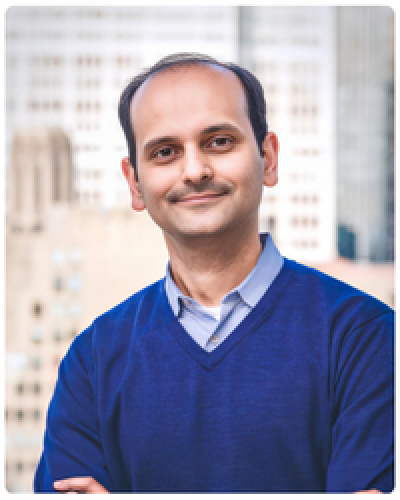
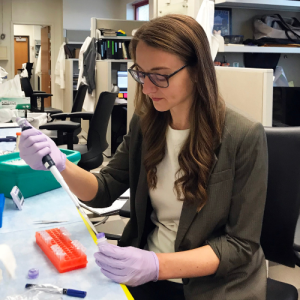
In the last 10 years, we have seen an influx of researchers and companies striving to discover new treatments and cures for ALS. The result of these efforts has been six FDA approvals for new drugs and new drug formulations, including the first antisense oligonucleotide (ASO) for the treatment of ALS.
We were the first to fund research of ALS-specific ASOs back in 2004 when it was just emerging, despite the high risk of the technology not coming to fruition. We subsequently committed more than $1.3 million to ASO technology and funded five additional studies, including preclinical, safety and pharmacodynamic measurements, and the first-in-human phase 1 trial assessing safety and target engagement for an early SOD1-targeting antisense drug.
These studies supported continued investigation of SOD1 as a therapeutic target and led to the development of the more potent antisense drug Qalsody (tofersen), which was approved to treat SOD1-ALS in 2023.
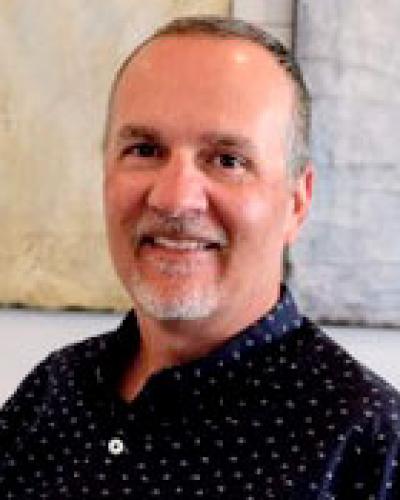
Since the Ice Bucket Challenge, ALS research continues to gain momentum. More than 40 genes linked to ALS have been discovered. We understand more about the biological pathways and processes that drive disease development and progression than ever before. And, as a result, more than 50 potential treatments are in the clinical stage of development, including more than a dozen in phase 3 trials.
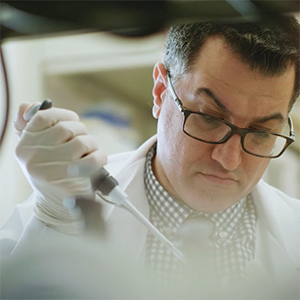
To make ALS a livable disease and ultimately find a cure, we continue working to increase the number of clinical trials and make it easier for more people to participate in those trials. By expanding clinical trial capacity, we can improve trial accessibility for people with ALS in underserved areas and help potential new therapies to be tested faster.
“If we can find two dozen treatments that allow people with ALS to live, that it is no longer a death sentence, that they can take two or three or four or five drugs together, and that means now they can live longer and they can speak and they can breathe and they can move, that's what livable means to us,” says Dr. Dave.
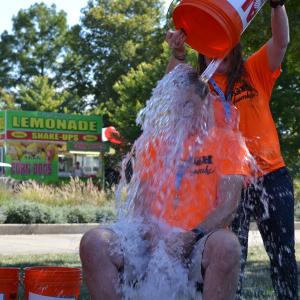
Despite the progress we’ve made, our work is not done.
We still need more treatments.
We still need a cure.
Let's See It End.
To learn more about the research we fund, visit our website HERE. And to continue to follow the latest ALS research news, sign up for our monthly newsletter, Research Matters.
Join us this summer at ALS Nexus, a conference featuring a variety of sessions that focus on the latest developments and opportunities in research, care, and advocacy. Learn more and register TODAY!
To continue to follow stories about people living with ALS in the community and learn more about the disease, subscribe to receive our weekly blogs in your inbox HERE or follow us at als.org/blog.
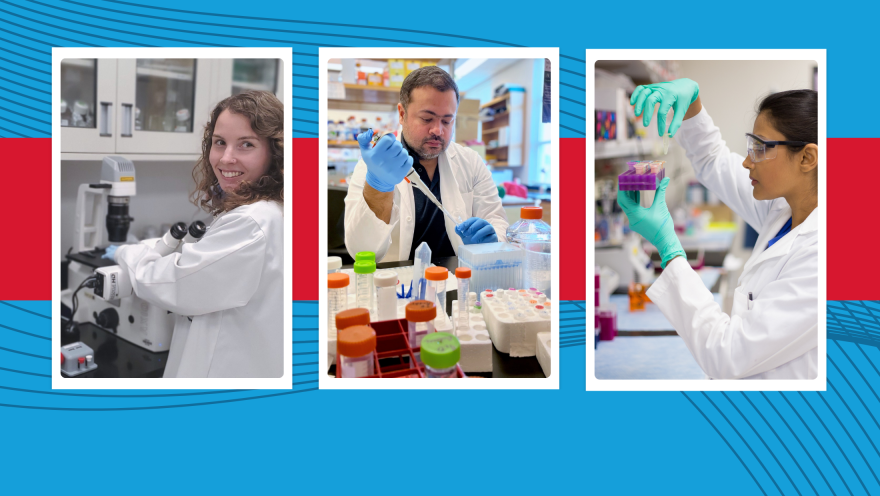

Comments
My wife was diagnosed in 2015. All the trials we see are for people that have an 18 month or less diagnosis. Will there ever be trials for individuals that have been living with this disease for many years?
Thank you
Join the conversation. Please comment below.